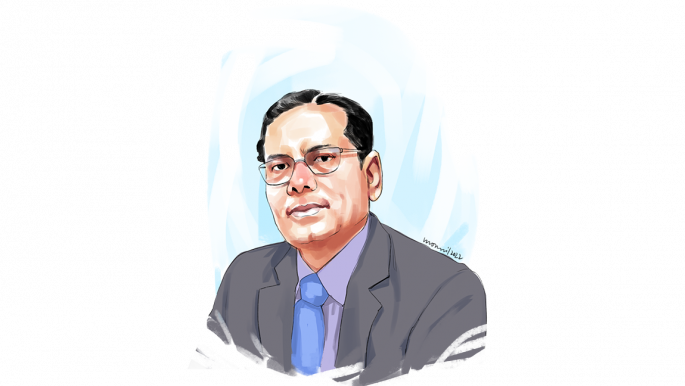Originally posted in The Business Standard on 18 January 2023

As the government has failed to mobilise domestic resources, it has decided to address the economic challenges by cutting expenditure and subsidies, said Professor Mustafizur Rahman, a distinguished fellow of the Centre for Policy Dialogue (CPD).
“It is right that the government has to phase out subsidies. But where and when the subsidy will be cut or phased out should be a strategic decision,” said Rahman in his reaction to the massive hike in gas prices on Wednesday.
He said the government’s fiscal spaces were being squeezed and domestic resource mobilisation in terms of the revenue to GDP ratio was also not increasing.
Giving an example, he said there was a target to raise the revenue-GDP ratio to 14% at the end of the seventh five-year plan, which ended nearly three years ago.
But the reality is that the current revenue-GDP ratio stands at around 9% only as the government can’t increase its income.
So, it has been trying to address the challenges by cutting expenditure, including subsidies, and imposing indirect taxes on consumers and producers, he noted.
But this rapid phase out from subsidies will have an impact on the gross domestic product (GDP) growth, competitiveness and exports, said Rahman.
“Inefficient and lack of right strategic decisions will affect the economy,” he said.
The distinguished fellow of the CPD also said inflation, which is already high, may shoot up after the latest hike in gas prices.
Replying to a query on the way out for the government, Rahman said reallocation of resources could help the government combat the present situation.
He also said the government should boost gas exploration as a medium-term solution to the energy crisis.


